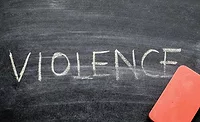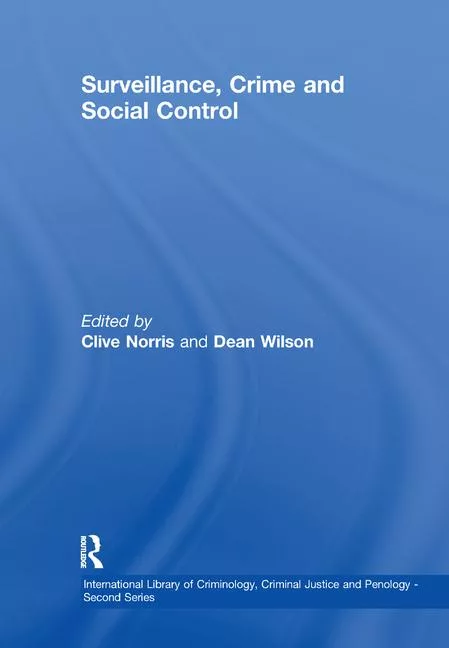DoJ Forms Intellectual Property Task Force as it Toughens Economic and Crime Responses
The U.S. is taking a more coordinated position to fighting
intellectual property crime, especially when it comes to international threats
and organized crime activities. Attorney General Eric Holder just formed a new Department of Justice Task Force on Intellectual Property as part
of a Department-wide initiative to confront the growing number of domestic and
international intellectual property (IP) crimes.
"The rise in intellectual property crime in the United
States and abroad threatens not only our public safety but also our economic
wellbeing. The Department of Justice must confront this threat with a strong
and coordinated response," said Attorney General Holder. "This Task
Force will allow us to identify and implement a multi-faceted strategy with our
federal, state and international partners to effectively combat this type of
crime."
The Attorney General's announcement follows a summit meeting
convened last December by Vice President Biden, a long-standing champion of
U.S. intellectual property rights-holders. At that meeting, which was attended
by Attorney General Holder and other cabinet heads, the Vice President
discussed the importance of stronger enforcement and supported actions to raise
the priority of combating IP theft and improving coordination -- including the
establishment of an intellectual property task force at the Department of
Justice.
"Theft of intellectual property does significant harm
to our economy and endangers the health and safety of our citizens," said
Vice President Biden. "This administration is committed to stronger and
stricter enforcement of intellectual property rights, and this new task force
is a step in the right direction."
The Task Force, to be chaired by the Deputy Attorney
General, will focus on strengthening efforts to combat intellectual property
crimes through close coordination with state and local law enforcement partners
as well as international counterparts. It will also monitor and coordinate
overall intellectual property enforcement efforts at the Department, with an
increased focus on the international aspects of IP enforcement, including the
links between IP crime and international organized crime. Building on previous
efforts in the Department to target intellectual property crimes, the Task
Force will also serve as an engine of policy development to address the
evolving technological and legal landscape of this area of law enforcement.
As part of its mission, the Task Force will work closely
with the recently established Office of the Intellectual Property Enforcement
Coordinator (IPEC), housed in the Executive Office of the President and charged
with drafting an Administration-wide strategic plan on intellectual property.
As part of its mission, the Task Force will assist IPEC in recommending
improvements to intellectual property enforcement efforts.
"Americans produce more technologies, more brands, more
creative works and more innovation than any other nation on Earth," said
Victoria Espinel, the U.S. intellectual property enforcement coordinator.
"President Obama is committed to ensuring that the value created by
American workers and enjoyed by communities around the world is protected. The
Justice Department's new task force will play a critical role in supporting the
Administration's ongoing efforts to protect American intellectual property and
the millions of jobs that depend on it."
The Task Force will include representatives from the offices
of the Attorney General, the Deputy Attorney General, and the Associate
Attorney General; the Criminal Division; the Civil Division; the Antitrust
Division; the Office of Legal Policy; the Office of Justice Programs; the
Attorney General's Advisory Committee; the Executive Office for U.S. Attorneys
and the FBI.
As part of its broader intellectual property initiative, the Department will also step up policy engagement with foreign law enforcement partners, develop a plan to expand civil IP enforcement efforts, and leverage existing partnerships with federal agencies and independent regulatory authorities such as the Department of Homeland Security and the Federal Communications Commission.
Looking for a reprint of this article?
From high-res PDFs to custom plaques, order your copy today!






